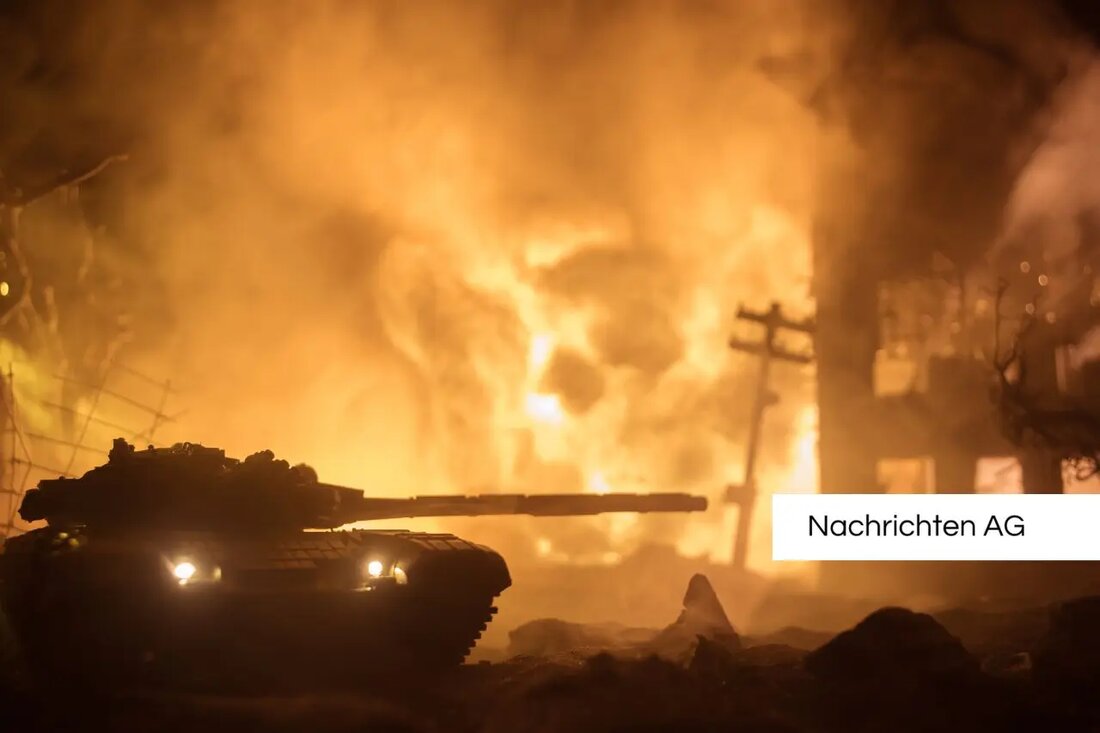Family conflicts in the war: A novel from Kyjiw conquers Leipzig!
Family conflicts in the war: A novel from Kyjiw conquers Leipzig!
On May 4, 2025, a reading takes place in Gütersloh, which deals intensively with the complex issues of family, identity and war conditions. The novel by Dmitrij Kapitelman offers a deep insight into the relationships of a family from Kyjiw, who now lives in Leipzig and sells Russian specialties there. " Guetersloh.de " Eastern European feeling of togetherness is characterized by the current Russian attack on Ukraine.
At the center of the narrative, the conflict between the mother, which supports Putin's politics, and her son, who has a deep emotional connection to Kyjiw and desperately searches for an answer to the challenges that the war brings with it. The son plans to return to the war to free his mother of false information and ideologies.
diverse topics and writing style
The novel deals with identity issues in a concise cultural context that combines Ukrainian-Jewish and Moldovan roots. Chapterman is praised for his tender look at political issues because he addresses the universal challenges with which a loving son is faced with. Critics describe the book as touching, sad and desperate and indicate the refined link of autobiographical and fictional elements. The author combines humor with a dark topic and manages to move the readers deeply. According to Hanser Literaturverlage , the work is classified as autobiographically and politically relevant.
The author's writing style is described as tragic, tender and funny, which tells the complex conflict between mother and son profoundly and with the comedy. At the same time, Chapterman, empathetic observer and narrator, conveys a message about the challenges of finding communication during times of war. Admission to the reading is available in advance for 14 euros (reduced 13 euros) and at the box office for 16 euros.
identity in Eastern European literature
In order to expand the context of the identity problem shown, it is important to look at the perspective in Eastern European literature. An article by Suhrkamp describes how authors from this region are often confronted with the challenges, especially in times of political unrest. Memories of conflicts and the endeavor to preserve cultural identity are formative for the creative work of these writers.
This is how the article mentioned emphasizes that many authors in Eastern Europe, as well as Chapterman, fall back on their own history and the stories of their ancestors in order to explore these complex topics. There is a feeling of the common cultural DNA, which despite repressive past is a source of creative energy. This connection to the history and identity becomes clear in Chapterman's work, which not only reflects personal conflicts, but also illuminates the broader social challenges in a war.
| Details | |
|---|---|
| Quellen | |


Kommentare (0)